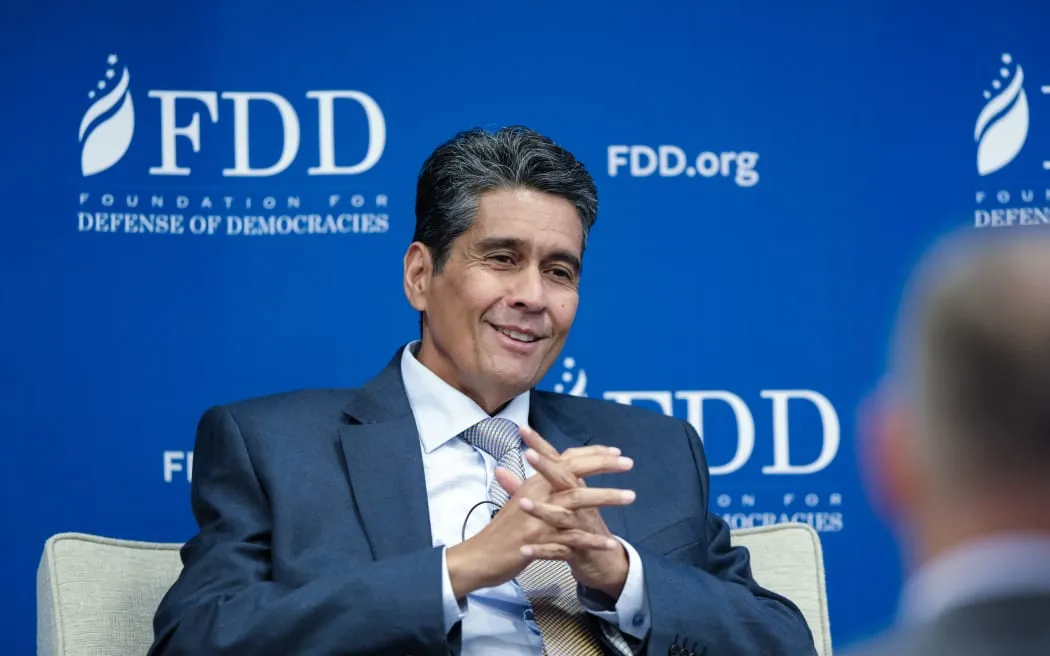Palau’s President Sees Nuclear Energy as Alternative to Fossil Fuels
In a recent interview with RNZ Pacific, Palau’s President Surangel Whipps Jr., emphasized the need for countries to transition away from fossil fuels in the face of climate change. While acknowledging that many governments continue to rely heavily on these energy sources, Whipps argued that nuclear energy could offer an alternative solution.
The Challenge of Fossil Fuels
Fossil fuels remain a dominant force in the global energy system, accounting for over 80 percent of the world’s primary energy supply. In contrast, nuclear energy provides only about 10 percent of the world’s electricity. Pacific island nations, including Palau, are heavily reliant on fossil fuels but are shifting their economies to renewable sources of energy generation.
A Call for Practical Solutions
Whipps stressed the need for countries to focus on reducing their reliance on fossil fuels and finding practical solutions to transition away from these energy sources. He emphasized that nuclear energy could be a viable option, citing its cleanliness and carbon-free nature. “It’s clean, it’s carbon free,” Whipps said. “If it’s bringing down costs so people can live comfortably, but at the same time continue to transition [away from fossil fuels], that’s what it should be about.”
A Critical View of UN Climate Talks
Whipps also expressed a critical view of the United Nations Conference of Parties (COP) meetings, which are aimed at addressing climate change. He acknowledged that these meetings can be slow and ineffective, but argued that any movement towards action is better than stagnation. “But I would say this, as long as there’s movement [at the COP meetings], it’s better than stagnation,” Whipps said.
The Need for Greater Ambition
Whipps praised New Zealand for its efforts to increase renewable energy production, such as wind farms and solar farms. He urged the country to raise its ambitions and make greater strides in reducing its reliance on fossil fuels. “I applaud New Zealand for putting up wind farms and solar farms and I believe what you need to be doing is raising those ambitions,” Whipps said.
A Focus on Finances
Whipps also highlighted the importance of addressing the issue of climate change finances. He argued that the money pledged at UN climate talks often goes back to developed countries for their own programs, rather than being directed towards small island developing states that are most affected by climate change.
Conclusion
In conclusion, Palau’s President Surangel Whipps Jr., emphasizes the need for countries to transition away from fossil fuels in order to address climate change. While acknowledging the challenges and complexities of this process, Whipps argues that nuclear energy could be a viable alternative solution. As countries strive to reduce their reliance on these energy sources, it is clear that greater ambition and practical solutions are needed to mitigate the impacts of climate change.
Photo: Flickr/FDD/Chris Williams
Source: Our World in Data

0 Comments